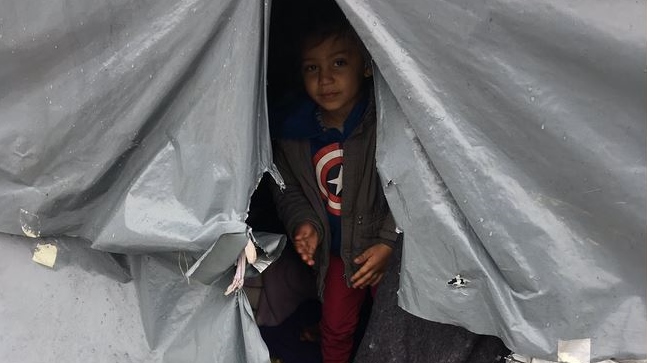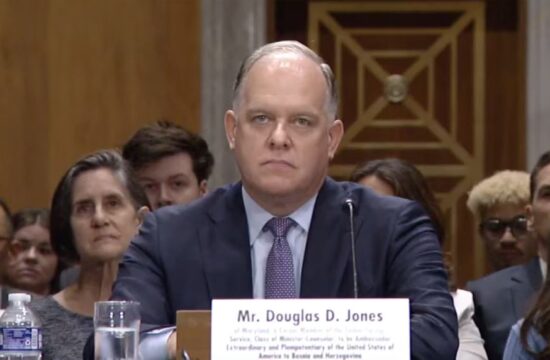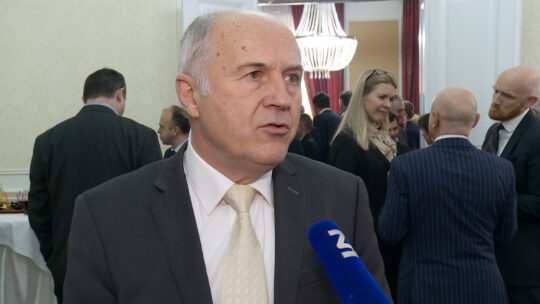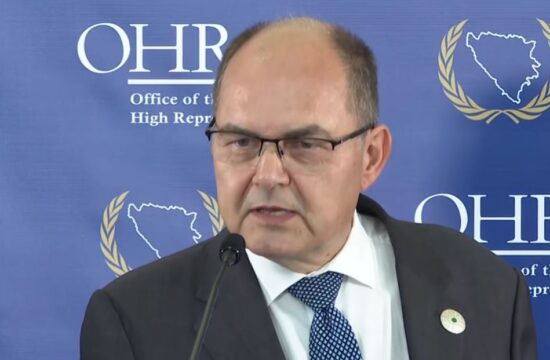
The UN special rapporteur on the human rights of migrants, Felipe Gonzalez Morales, on Tuesday called on Bosnian authorities to ensure adequate accommodation for incoming migrants, and also accused Croatian police of abuse and pushback of migrants into Bosnia and Herzegovina.
Morales’ remarks come from a report he presented in Sarajevo on Tuesday, after spending several days visiting Bosnia.
“I received reliable information on the pushback of migrants and asylum seekers by the Croatian border police on Bosnian territory,” Morales said in his report, adding that according to the statements he was given, many migrants had been summarily pushed back into Bosnia by Croatian police.
“The exact tactics may vary, but a common pattern involves arresting people on the move, confiscating their belongings – notably communication devices – beating people with batons, and chasing them with dogs, in order to physically exhaust them to prevent them from attempting to cross the border again,” Morales said.
A number of men, according to the statements, were undressed, beaten and forced to walk back to Bosnia barefoot, he added. Morales said the abuse by the Croatian border police clearly represented a violation of those persons’ human rights.
He said that such conduct had no real effect because it does not work to deter migrants from attempting to travel on towards countries of the European Union, but only results in the “thriving of smuggling networks and organised crime.”
His report said that 40,000 illegal migrants had entered Bosnia in 20 months from the start of 2018 to August 2019, and that 7,300 of them are currently in Bosnia, while the rest had already managed to head west into Croatia and then presumably onwards towards rich countries in western Europe.
Morales added that migrant children are especially in jeopardy, as they make up 20 percent of migrants – with a third of all migrant children arriving to Bosnia unaccompanied.
He called on Bosnian authorities to improve conditions at its migrant reception centres, notably in the Una-Sana Canton in northwestern Bosnia, where the largest number of migrants is concentrated.
Just west of that area is the narrowest section of Croatia's territory, where some 50 kilometres of hilly terrain separates its borders with Bosnia to the east and with Slovenia to the west.
Although both Croatia and Slovenia are EU member countries, only Slovenia is part of EU's passport-free Schengen area, which is why migrants hope that reaching Slovenia would make it easier for them to get to their desired countries further west.
“The fragmented political structure (in Bosnia), the lack of a uniform vision and will for genuine cooperation at various levels of government undermine human rights of migrants and asylum seekers,” Morales said.




